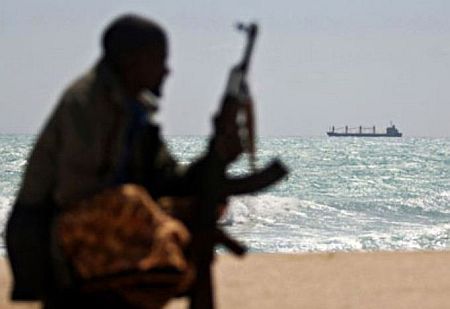
A new stance by Indonesia has made a major difference in what was once the world’s top piracy blackspot.
Noel Choong, of the International Maritime Bureau (IMB), said now most attacks in the busy shipping lanes between Indonesia and Malaysia could be stopped, as long as crews maintained a careful anti-piracy watch and raised the alarm quickly.
A decade ago, Indonesia’s lawless waters headed the world’s list of piracy trouble spots, particularly the Malacca Straits between Sumatra and West Malaysia.
Choong, head of the IMB’s Piracy Reporting Centre in Kuala Lumpur, said alerting the Indonesian authorities then brought few results. But international pressure prompted Indonesia’s navy and marine police to take a tougher stance.
Located on a shipping route linking China, Japan, Korea and other Asian countries to Europe and the Middle East, the waterways around Singapore and Malaysia carry a massive proportion of the world’s commercial shipping.
Ships must pass through the Malacca Straits, Singapore Straits and the South China Sea, and into Indonesian waters. Often they carry vast sums of cash in the ship’s safe – frequently the pirates’ prime target.
The nature of the attacks is quite different to Somalia, Choong said.
“Somali pirates have little to fear, even if they commit murder, and will not give up even when spotted. But these days the criminal gangs behind the Asian attacks can usually be scared off.
“In Somalia, pirates go home to a country without an effective government. In Indonesia and its neighbours, they know they face prosecution and jail.”
He said attacks still happened, but the authorities now responded quickly.
Choong said. “How long it will last, whether this will continue; nobody can answer that question.”
We use cookies to improve your experience. By continuing to use our site, you accept our Cookies, Privacy Policy,Terms and Conditions. Close X